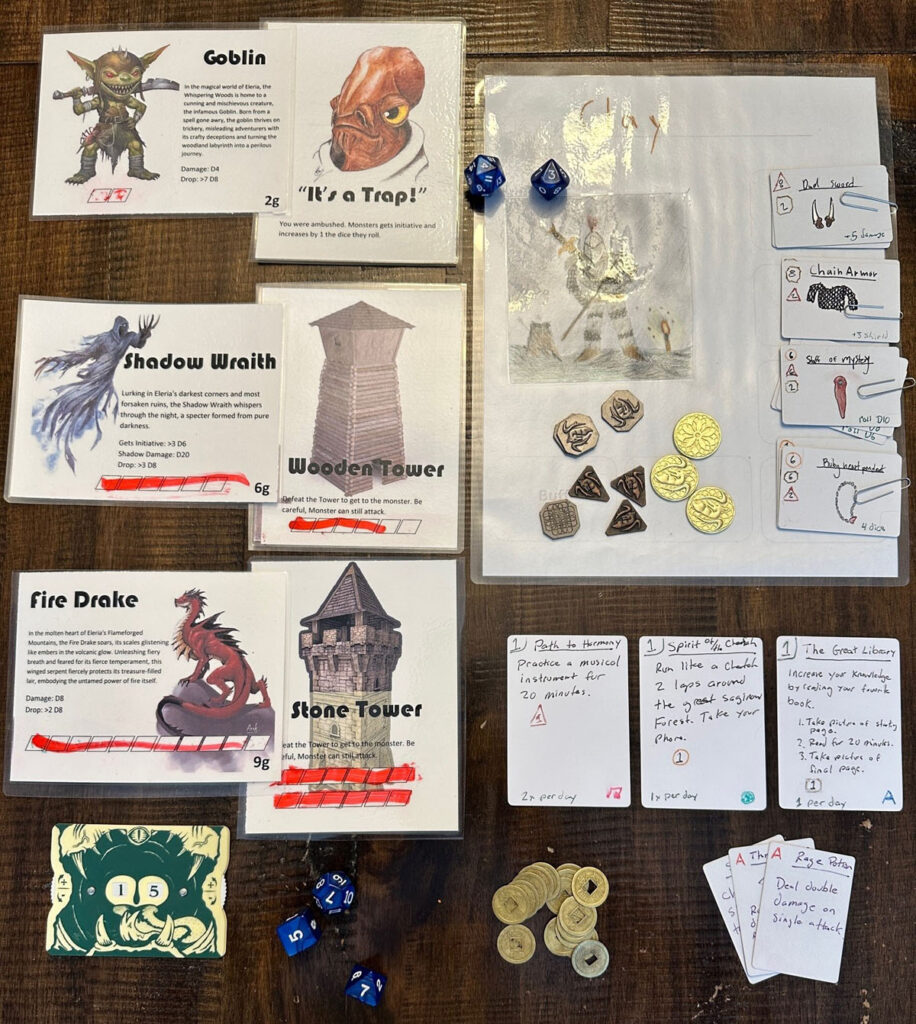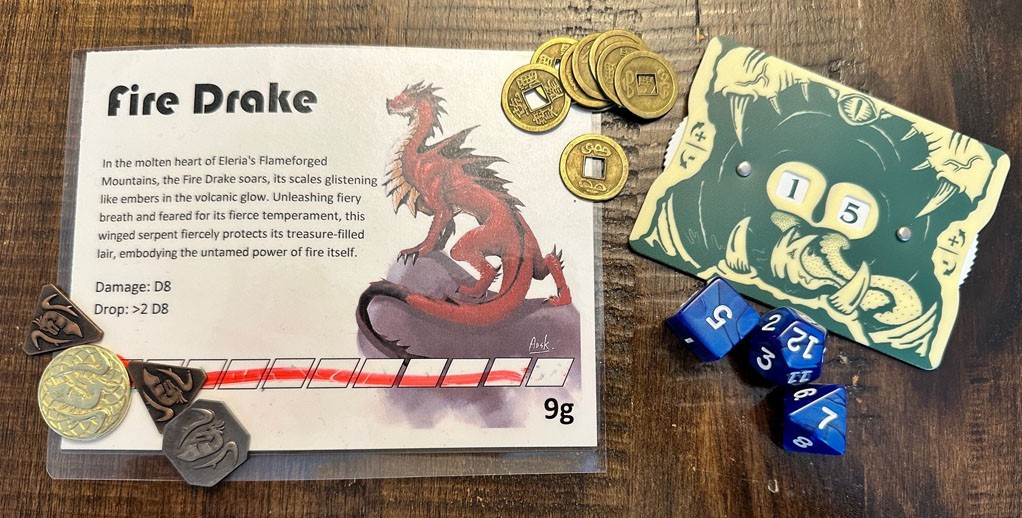In the modern digital age, captivating a child's attention away from screens can be an uphill battle. The predicament in my home was no different. My children were increasingly attracted to their devices, often at the expense of engaging in stimulating and developmental activities such as reading, playing outdoors, or practicing a musical instrument. As a veteran of the entertainment video games industry and a passionate proponent of game-based learning, I decided to bring my professional expertise home. I developed an innovative game to incite enthusiasm for productive tasks in my children. The results were nothing short of transformational.
The Essence of Game-Based Learning
At its core, game-based learning leverages the captivating power of games to foster a learning environment where engagement and motivation are the driving forces. Games, by their very nature, stimulate players to embrace challenges willingly, exhibit persistence, and exercise problem-solving skills. These traits are invaluable in the learning process.
James Paul Gee, a prominent figure in the game-based learning domain, articulates that well-structured games motivate players to pursue 'pleasantly frustrating' objectives with determination. Intrinsic motivation, defined by psychologists Edward Deci and Richard Ryan, encourages engagement in activities that are inherently interesting or enjoyable, providing the fuel for this commitment.
Designing the Game: Quests for Growth
Building on these theories, I devised an imaginative game that presented productive tasks as quests, designed to foster positive behaviors in my children. Each quest represented an activity I wanted my kids to engage in—reading, exercise, language learning, and more. Upon completion of a quest, players were awarded skill points and gold, serving as immediate positive reinforcement.
These rewards played an integral part in the game mechanics. They contributed to enhancing a player's attributes - damage, shield, courage, or intelligence. For instance, reading and writing quests would yield square skill points, enabling players to unlock various shields for their characters. Language learning quests awarded triangle skill points, bolstering a character's damage capability. These enhancements governed how players would fare in battles against the game's monsters.
Each child created their unique character, bringing their imagination to life, thereby fostering a sense of ownership. Their character's combat abilities were determined by the game's carefully crafted mechanics. For example, the intelligence attribute dictated the size of the dice they could roll in battle, which started as a D4. Courage influenced how many dice they could roll when attacking a monster, enhancing their chances of dealing more damage.

The Game in Action: Monsters, Action Cards, and the Skill Tree
To keep the game exciting, I created monsters with varying levels of difficulty. Each monster was assigned health points, a specific dice size for determining damage, and the amount of gold a player could earn upon defeating them. Monsters also had a chance to drop an action card, offering additional rewards or abilities that could be used during the game.
Action cards were one-time-use enhancements that players could use immediately or save for strategic use during their turn in combat. They included rewards like extra gold coins or abilities such as a freeze spell that could halt a monster's attack for a turn.
Additionally, I created a skill tree, a selection of upgradeable skills that players could acquire using their skill points. For instance, players could invest eight triangle skill points to acquire a long sword that deals additional damage, or they could spend a combination of circle and triangle skill points to purchase a Book of Spells, enabling them to roll a larger dice.
To add further layers of complexity and excitement, I introduced location cards and a store. Location cards could modify a monster's health or even change the combat initiative, sometimes allowing monsters to attack first. The store allowed players to use their earned gold to purchase rewards like additional screen time, movie nights, and family outings.
Observing Change: Game-Based Learning in Action
Once the game was set in motion, the transformation was remarkable. Every morning, my children eagerly anticipated their daily quests and the monsters they would face. They calculated their resources, strategized their task completion, and invested their rewards wisely to enhance their gaming performance. Instead of reluctant participation, I saw keen involvement, planning, and calculation.
The game not only reinforced positive behaviors but also fostered a sense of achievement and autonomy. It was an enchanting sight to see the principles of game-based learning come to life in my own home, turning routine tasks into thrilling adventures.
The Power of Game-Based Learning
This experiment was more than just a success story of gamifying household tasks. It demonstrated the true potential of game-based learning in nurturing desired behaviors and developing critical thinking skills. By blending productive tasks with game mechanics, we can truly harness the magic of games as effective learning tools.
This role-playing game was an embodiment of the principle that learning should be an adventure, not an obligation. And as every adventurer knows, the journey is just as important as the destination. It's my hope that parents and educators alike can draw inspiration from this game-based approach to foster a more engaging, enjoyable learning environment for our children. After all, when tasks transform into adventures, learning becomes not just an act, but an experience that cultivates intrinsic motivation, persistence, and joy. The ultimate victory, in this case, is the creation of a self-sustaining learning environment where children are excited to explore, learn, and grow.
